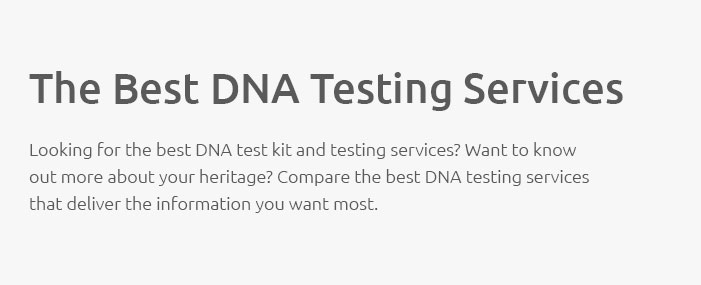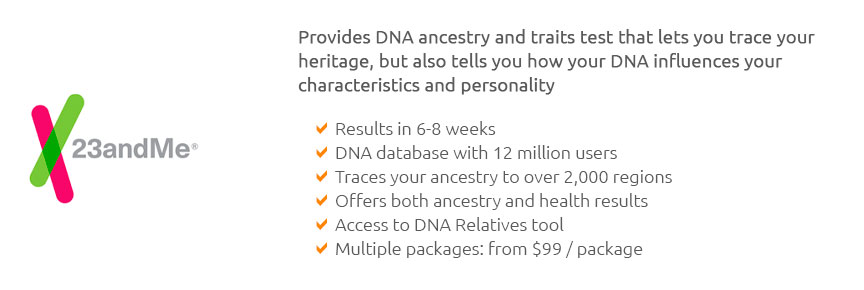 |
 |
 |
|---|
 |
 |
|---|
 |
|
|---|---|
 |
 |
 |
 |
 |
 |
 |
 |
 |
 |
 |
 |
 |
 |
 |
 |
|---|
Exploring the Most Accurate DNA Test for AncestryIn today's world, where the tapestry of human history is woven with threads of migration, conquest, and intermarriage, the quest to uncover one's ancestry is both intriguing and complex. The advent of DNA testing has opened a new frontier in this exploration, offering individuals a scientific window into their genetic past. But amidst a myriad of options, which DNA test stands out as the most accurate for tracing ancestry? Let's delve into this question, considering key factors that determine accuracy and the broader implications of choosing one test over another. When evaluating the accuracy of DNA tests for ancestry, several crucial elements come into play. First and foremost, the size of the reference database is paramount. Companies like AncestryDNA and 23andMe boast extensive databases, allowing for more precise comparisons and a better understanding of your genetic makeup. The larger the database, the more refined the results, as the test can draw on a wider range of genetic information to pinpoint your ancestral origins. Another essential aspect is the methodology used in analyzing the DNA. Autosomal DNA testing, which examines chromosomes that are not sex chromosomes, is commonly employed for ancestry tests. It provides a comprehensive view of your ancestry by analyzing both maternal and paternal lines. However, the inclusion of Y-DNA and mtDNA tests can enhance accuracy for those interested in tracing specific paternal or maternal lineages, respectively.
While accuracy is a crucial factor, it's also important to consider the scope of information provided by each test. Some tests offer additional health insights or even personalized genetic traits, expanding beyond mere ancestry data. 23andMe, for instance, provides health reports that might be of interest to those looking to understand genetic predispositions alongside their ancestry. Furthermore, the notion of accuracy in DNA testing isn't solely about scientific precision. It's also about the narrative and cultural resonance of the results. How the data is interpreted and communicated can significantly affect one's connection to their ancestry. The stories we derive from our genetic information often intertwine with our personal identities and family histories, thus the presentation and explanation of results are equally important. In conclusion, while determining the most accurate DNA test for ancestry involves a consideration of technical factors like database size and methodology, it also requires a reflection on the personal value and context the results hold. As you embark on this journey of discovery, weigh these factors carefully. Whether you choose a test for its scientific robustness or for the depth of narrative it offers, remember that understanding your ancestry is as much about science as it is about the stories you uncover and the connections you make with your past. https://www.ancestry.com/c/dna-learning-hub/types-of-dna-testing
This is a huge help for those interested in genetic genealogy. Primary strength: An autosomal DNA test gives you the most comprehensive view of your genetic ... https://www.23andme.com/dna-ancestry/?srsltid=AfmBOopWcQXZgZt-kwMW14EKpxsXxYq5TjGhjk5pVcEbwEWifgE2QgCU
The 23andMe Ancestry DNA testing service offers ancestry breakdowns across 3500+ geographic regions plus insight into your heritage, relatives and more. https://www.ancestry.com/c/dna-learning-hub/autosomal-dna-testing
There is no single measure of AncestryDNA test accuracy. Instead, the accuracy and precision of each step can be measured independently. AncestryDNA ...
|
|---|